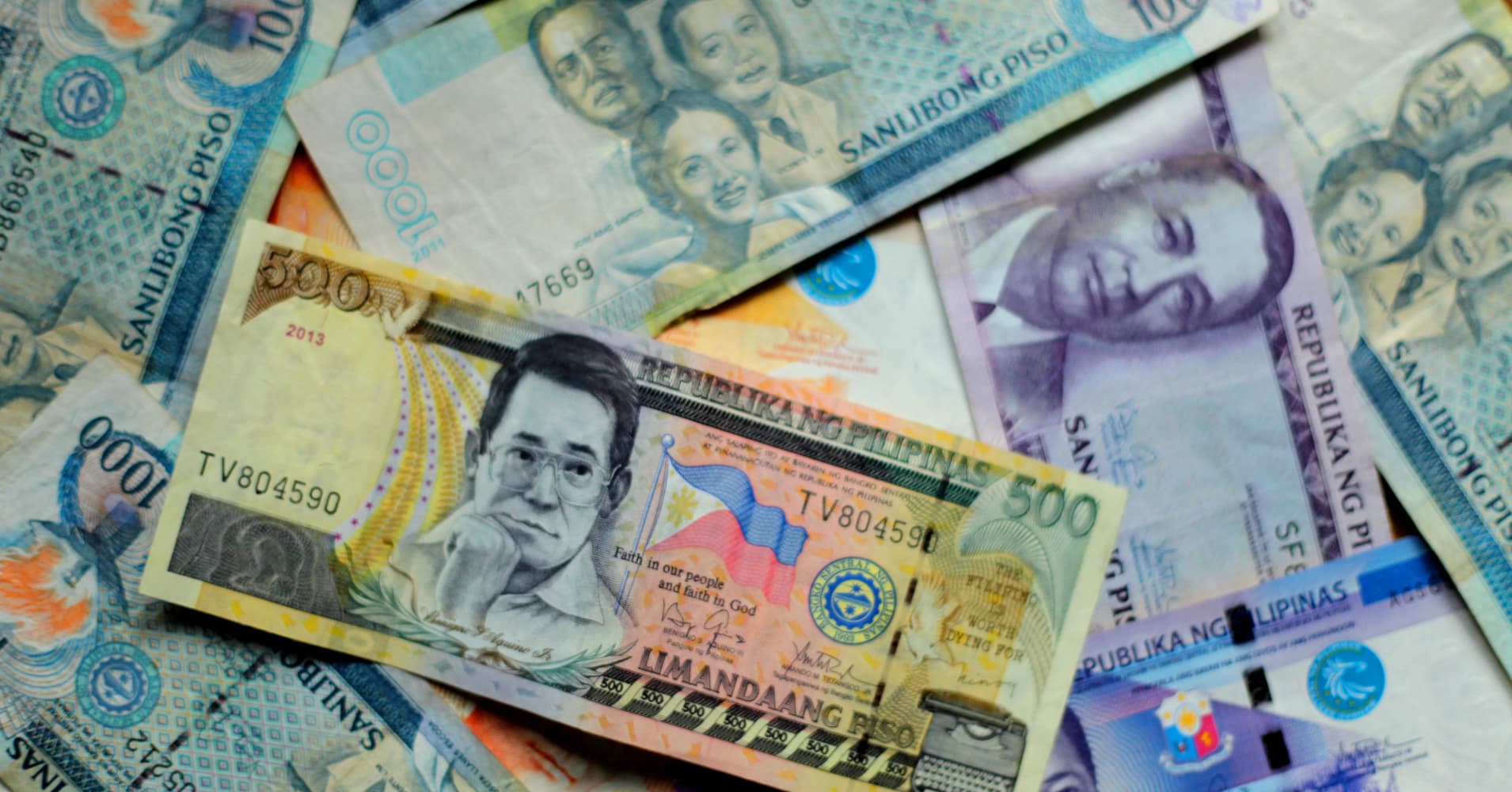
Most emerging Asian currencies fell on Friday as investors dumped riskier assets amid a sharp escalation in tensions between the United States and North Korea.
"We don`t expect it to do a freefall because our economic fundamentals now, unlike before, are solid and very strong. This is reflected in our investment grade (credit) rating," Espenilla said.
He said it was natural for the peso to show volatility as it adjusts to market conditions and all the "short-term uncertainties" such as heightened geopolitical tension.
The peso was "capable of correcting itself as the market calms down and digests the relevant information," he said.
Espenilla said the BSP could use its huge pile of foreign exchange reserves to play a stabilizing role in the market.
"The BSP stands vigilant.We`re on the right track," he said.
Espenilla also sought to downplay worries about the Philippines running a current-account deficit, which may widen to $1.6 billion in 2018, from an estimated $600 million shortfall this year, according to the central bank.
For the Philippines to sustain growth, he said it needs to catch up on high quality investments, especially infrastructure.
"It`s natural for it to run moderate current account deficits. In fact, it`s sub-optimal for it to be persistently running current account surpluses," he said.
"That`s like the equivalent of deploying our own savings to the world instead of using those internally to finance our own investment needs."
A construction boom in the Philippines, fueled by President Rodrigo Duterte`s $180 billion "Build, Build, Build" infrastructure campaign, has contributed to the peso weakening amid a recent surge in capital goods imports, including excavators, road rollers and dump trucks.
With this trend expected to continue, the central bank last week said the peso was likely to "show continued depreciation."
Duterte has already approved the auction of 21 projects worth $16 billion, including the overhaul of Manila`s shabby airport and a railway line on Mindanao island in the south.
On Sunday, the Department of Finance said the government has approved six new big-ticket projects worth a combined 57.5 billion pesos, including construction of bridges intended to ease traffic congestion in the capital Manila.
Despite a weaker dollar, the peso has now fallen 2.5 percent so far this year while most other Asian emerging currencies have racked up solid gains.
A Reuters poll last show showed investors likely retained bearish bets on the peso, though they may have trimmed them slightly in the last two weeks. In contrast, investors were optimistic other Asian currencies would see further gains.


0 comments:
Post a Comment